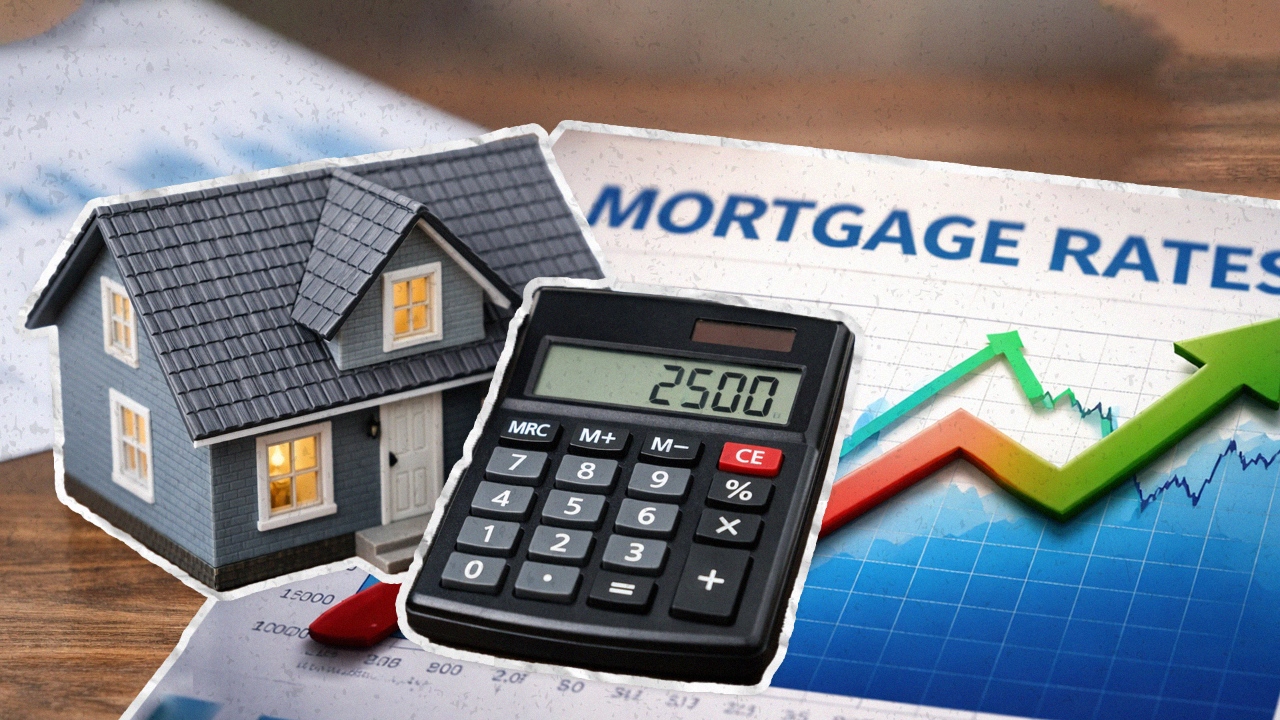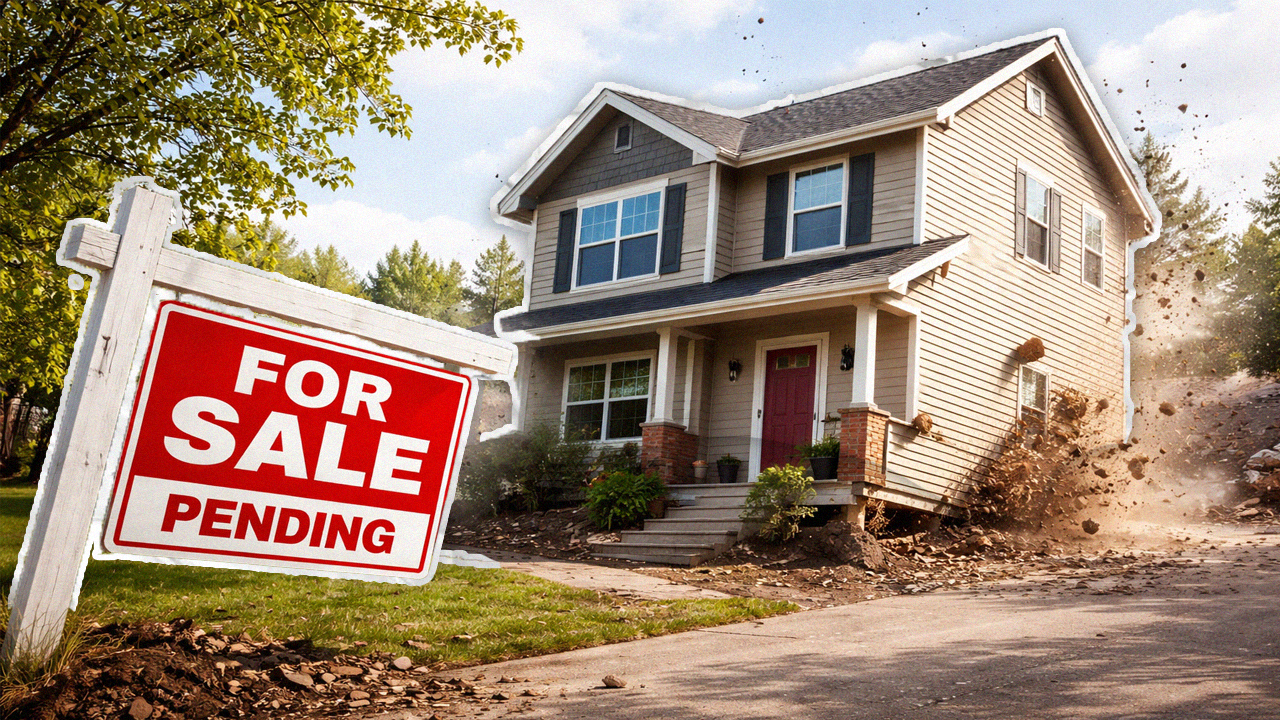First-Timers Crash to 21%: Secret Investor Plays to Beat the Lockout
Nov 06, 2025
Written by David Dodge
The U.S. housing market has never been tougher for newcomers. For the first time in more than 40 years, the share of first-time homebuyers has dropped to a record low — a clear sign that the American Dream of homeownership is slipping further out of reach.
This isn’t just a housing issue. It’s a wealth issue. A growing divide between those who already own and those who are fighting just to get in.
The Stark Numbers Behind the Crisis
The National Association of Realtors (NAR) released its 2025 Profile of Home Buyers and Sellers on November 4, revealing that just 21% of all home purchases in the 12 months ending June 2025 were made by first-time buyers. That’s barely half the long-term average of 38% recorded since 1981.
Even more striking, the average first-time buyer is now 40 years old, about a decade older than previous generations. For many, life milestones like marriage, kids, and financial stability are being delayed — not by choice, but by cost.
Jessica Lautz, NAR’s deputy chief economist, calls the market “bifurcated.” On one side are repeat buyers with strong equity or all-cash offers. On the other are those locked out completely. In fact, 26% of all home sales last year were all-cash, proof that investors and wealthier buyers are dominating.
The Wealth Gap in Black and White
Owning a home has long been the foundation of generational wealth in America. And the gap between owners and renters is staggering: homeowners have a median net worth of $400,000, while renters average just $10,400, according to the Aspen Institute.
Even worse, more than half of renters are “cost-burdened,” spending over 30% of their income on housing. With rent eating up so much of their paychecks, saving for a down payment feels nearly impossible.
When people can’t buy, they miss out on the most proven way to build equity — and the cycle of inequality grows stronger.
The Math That Breaks the Dream
The median home price in 2024 hit $412,500. To comfortably afford that under the traditional 31% debt-to-income rule, a buyer would need an annual income of $126,700, according to Harvard’s Joint Center for Housing Studies.
But reality is harsher. As of 2023, 50% of renters were “cost-burdened”—spending more than 30% of their income on housing and utilities. For many, saving for a 5% or 10% down payment feels impossible when rent alone consumes most of their paycheck.
Low inventory, high demand, and investor competition have turned what used to be a stepping stone into a wall.
Real Estate Investing Tips for Beginners in This Tough Market
If you’re willing to think like an investor — even just a little — the door isn’t completely shut. The same forces making things hard for first-time buyers are also creating new opportunities for creative, strategic buyers.
Here are eight powerful ways to start building wealth in real estate — even when the odds feel stacked against you.
1. Start with House Hacking
Buy a small multifamily property — duplex, triplex, or fourplex — live in one unit, and rent the others. FHA loans let you buy with as little as 3.5% down, and your tenants help pay the mortgage.
2. Look Beyond the Headlines
National trends are scary, but real estate is local. Use Zillow, Redfin, and local MLS data to find emerging neighborhoods — areas with new employers, infrastructure projects, or city investments.
3. Partner Up (Legally and Wisely)
If the down payment is the biggest hurdle, consider a joint venture with a family member or friend. Just make it legal — set up an LLC and a clear agreement.
4. Leverage Low-Down-Payment Programs
Check out:
-
USDA loans: 0% down in rural areas
-
VA loans: 0% down for veterans
-
Local grants: Many states offer first-time buyer assistance
5. Focus on Cash Flow, Not Appreciation
Don’t bank on appreciation. Buy properties where rent covers 110–150% of your total costs. Use the 1% rule — rent should equal 1% of the purchase price.
6. Buy “Ugly” and Add Value
Cosmetic fixes — paint, flooring, lighting — can boost rent for a small investment. Skip structural headaches, but don’t shy away from dated interiors.
7. Build a Power Team Early
Success is never solo. Find:
-
A reliable contractor
-
An investor-friendly agent
-
A property manager
-
A CPA who knows real estate taxes
8. Think Long-Term Tax Advantages
Real estate offers huge deductions — interest, depreciation, property taxes, and 1031 exchanges to defer capital gains. Every dollar saved can be reinvested.
Start educating yourself now—every dollar saved in taxes is a dollar reinvested.
The Bigger Picture — And a Path Forward
The decline in first-time buyers isn’t just another market headline — it’s a warning sign for the American economy. When the path to homeownership narrows, so does the path to upward mobility, family stability, and long-term wealth.
But there’s also hope. The same market that seems unfair is full of hidden angles — opportunities for those who educate themselves, think strategically, and take calculated risks.
Real estate has always rewarded creativity and persistence. Whether you start with a house hack, a fixer-upper, or a small rental, the key is to start somewhere.
You don’t need to buy your dream home first — you just need to buy your first home.
Because every property, no matter how small, can become the foundation for something bigger.
The market may be unforgiving, but opportunity still exists for those willing to dig for it. The question is — will you wait for conditions to change, or learn how to win in the market we have today?
The American Dream isn’t gone — it’s just changing hands. And it’s up to you to grab the keys.






